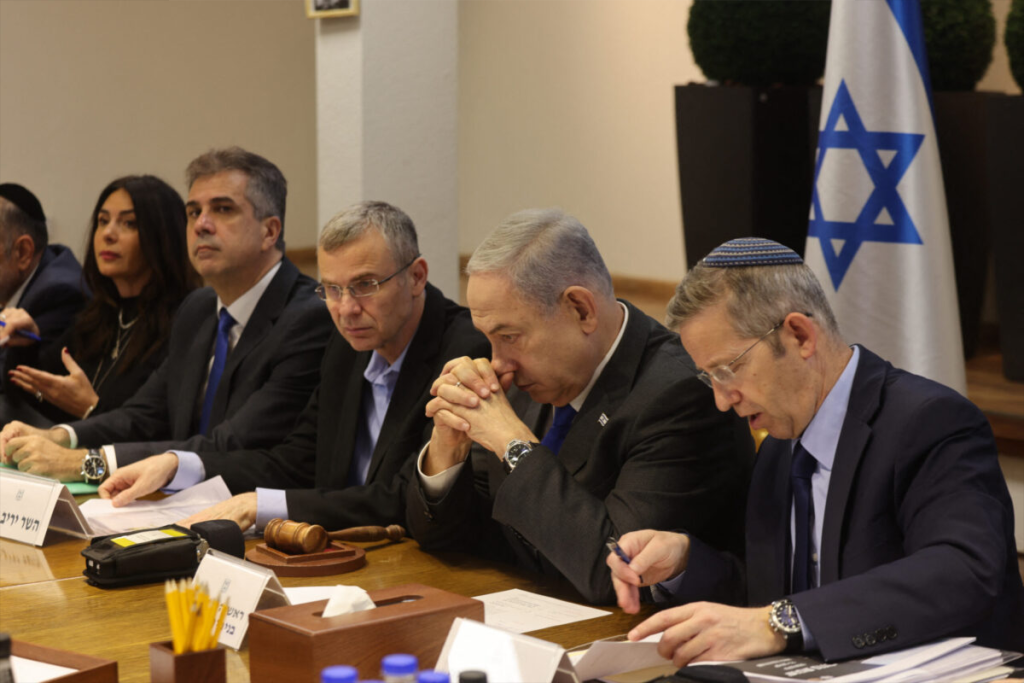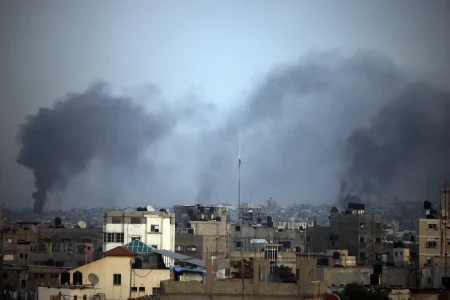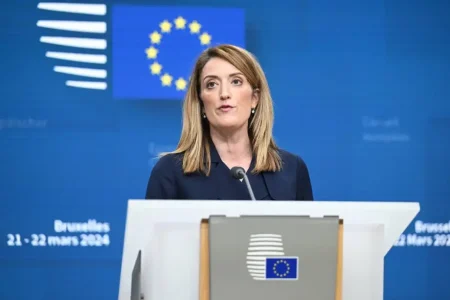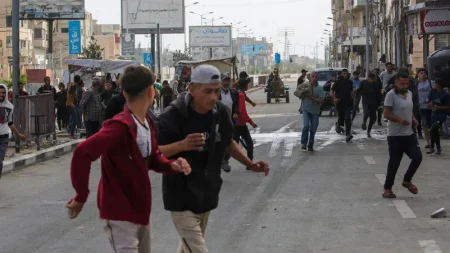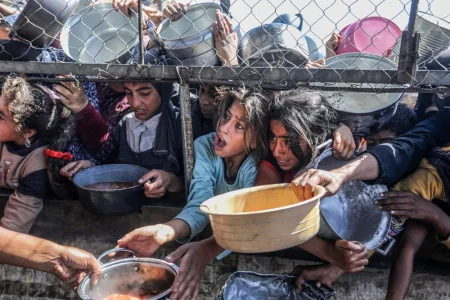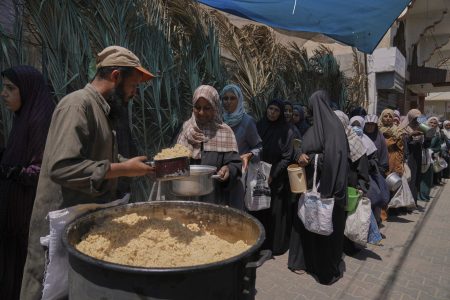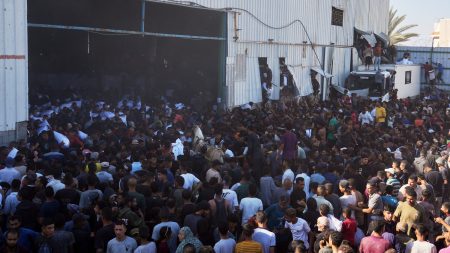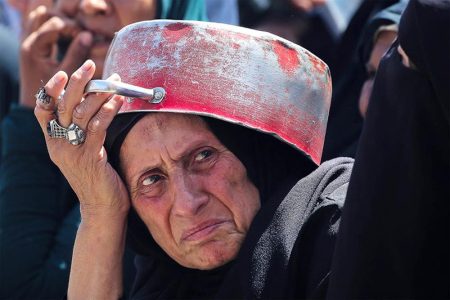The Israeli Security Cabinet is grappling with deep divisions over how to handle the ongoing conflict in Gaza. Recent meetings have revealed major disagreements between political leaders and military officials, causing tension within the government of Prime Minister Benjamin Netanyahu. These internal rifts have surfaced again following a cabinet meeting on Thursday evening, which ended without any public statement, marking a similar outcome to the meeting held earlier in the week on Tuesday.
The Israeli cabinet is set to meet again on Monday in an effort to resolve these disagreements and align the political and military strategies regarding the ongoing war in Gaza. A key point of contention is the distribution of humanitarian aid to the Palestinian people in Gaza, with different factions holding opposing views.
Tension Between Military and Political Leaders
According to reports from Israel Hayom, the latest meeting on Thursday revealed a significant clash between military officials and political ministers. Although both sides managed to find common ground on how humanitarian aid should be distributed in Gaza, major differences resurfaced regarding the next stages of Israel’s military campaign.
The Israeli military is under pressure to update its war plans, as the lack of consensus between military leaders and the political echelon has caused confusion over the direction of the war. This disagreement has escalated to a point where heated arguments broke out during the session, with participants raising their voices in frustration.
The division is not just about the military strategy but also about how foreign aid to Gaza should be handled. The military has voiced concerns over the risks of aid reaching Hamas, while some Israeli officials, particularly far-right ministers, argue that no aid should be allowed into Gaza at all. This has led to a sharp divide within the Israeli government on how to approach the situation in Gaza.
Impact on Humanitarian Aid and Gaza’s Civilian Population
Since March 2, Israel has closed the crossings into Gaza, halting the flow of food, medical supplies, and essential goods into the region. Reports from international organizations, human rights groups, and the Israeli government itself confirm that this has led to a worsening humanitarian crisis in Gaza, affecting the Palestinian population.
The Israeli government justifies this blockade, claiming that it does not want aid to fall into the hands of Hamas, the governing authority in Gaza. Meanwhile, the Israeli military has expressed concerns that distributing aid to civilians in Gaza poses a security risk for Israeli soldiers, who could potentially become targets during aid operations.
Far-right members of the Israeli cabinet, including Finance Minister Bezalel Smotrich, have taken a hardline stance, calling for an outright ban on aid entering Gaza. This position has further complicated discussions within the cabinet, as other political figures advocate for limited aid access to address the growing humanitarian needs in the region.
Military Plans for Aid Distribution
In response to the concerns raised, the Israeli military has proposed new plans that aim to ensure humanitarian aid can be distributed to Gaza without allowing Hamas to seize control of it. These new plans are reportedly designed to minimize the risks to Israeli soldiers while adhering to the demands of the far-right ministers who are adamant about preventing any aid from reaching Hamas.
While these plans have been presented to the political leadership, it remains unclear whether they will be accepted. The disagreement over aid distribution and military strategy continues to hinder efforts to reach a unified approach to the Gaza conflict.
Cabinet’s Upcoming Meeting
The Israeli Security Cabinet will reconvene on Monday in hopes of bridging the gap between the military and political levels. The outcome of this meeting could determine the next steps in the conflict, including how aid will be managed and whether the military’s plans for further escalation will be approved.
As tensions continue to mount within the Israeli government, the situation in Gaza remains dire. The ongoing humanitarian crisis, combined with the internal political divisions in Israel, adds further uncertainty to the future of the conflict.





